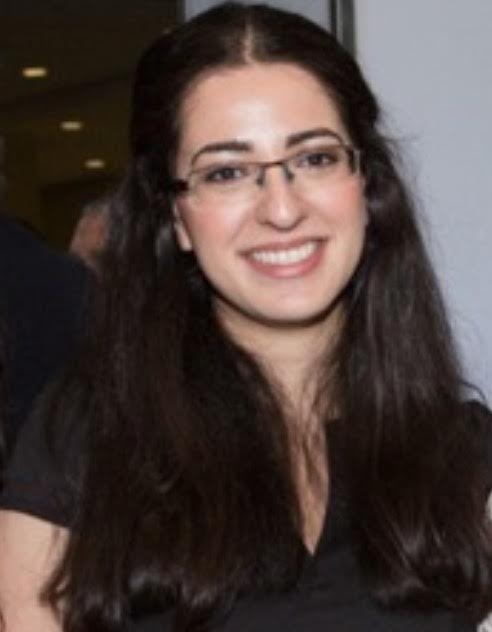
For the morally confused, the chasm between good and evil is best crossed by a well- constructed abstraction. Hence, the systematic murder of six million Jews becomes ‘the final solution`. Hence, the murder of innocent civilians is too often written off as “resistance“ and terrorists branded as “freedom fighters” by those with a political axe to grind. Euphemisms are a salve for the conscience, detaching language from reality and moral judgement. And when the language of murderous incitement is allowed to promulgate unchallenged, its corollary – the murderous act – is similarly exonerated.
In his calculated and incendiary speech before the United Nations in New York last week, Mahmoud Abbas falsely declared that the Israeli government was curtailing Muslim access to al-Aqsa Mosque, warning the world that the Palestinian people “will not accept this and… will not allow the implementation of this evil scheme”. The consequence, he advocated, would be an “explosive in Jerusalem and in the rest of the occupied Palestinian territory”.
A few days later, an “explosive” did indeed combust: the murder of an Israeli couple driving home with their four kids in the car, the murders of two Israeli men in the old city of Jerusalem, the stabbing of an Israeli woman, the stabbing of a fifteen year old boy and the shooting of an infant.
Is there a better demonstration of the power of inflammatory words? Abbas`s purposefully crafted remarks, compounded by decades of media and educational indoctrination against the Jewish people, ignited a Palestinian terror onslaught that murdered four people, rendered thirteen children orphans and injured numerous others. Calls for violence, even when dressed up in hazy abstractions before the United Nations, are never flame retardant.
As expected, in the moments before Palestinian terrorist Muhnad Halabi stabbed two Israeli men to death this Sunday, he wrote a facebook post in which he cited the mistruths in Abbas`s speech: “ What is happening in Al Aqsa is what is happening in [all] of our holy places… I don`t think the people will accept this humiliation. The people will rise up in an intifada”.
The language employed by Halabi is instructive, especially to journalists. For even when there is clear and unambiguous proof that the word “intifada” is used by terrorists themselves, is indeed intended as a directive to murder, and can be measured concretely in lives and limbs lost, there persists a morally obtuse proclivity – certainly not exclusive to Abbas – to present this term as a vague and noble aspiration devoid of tangible consequences.
In March 2013, New York magazine indulged in a sympathetic cover story that constructed a humanizing portrait of stone -throwing Palestinian protesters. The headline read: “If there is a third intifada, we want to be the ones who started it”. Not only does such a flippant headline belie the true nature of the first and second Palestinian intifadas – which resulted in the deaths of hundreds of men, women, and children through suicide bombings, stabbings, rocket attacks, and bus explosions – but it duplicitously characterizes the intent of the third intifada.
Although evil will never have the last word, the language employed by leaders like Mahmoud Abbas in his U.N speech and by media outlets like New York Magazine in their reporting of the Israel-Palestine conflict demonstrates that the reverse is also true: The evil that lasts is, sometimes, due to words. For this, Abbas must be held accountable.
This piece was contributed by York University CAMERA Fellow Danielle Shachar.
